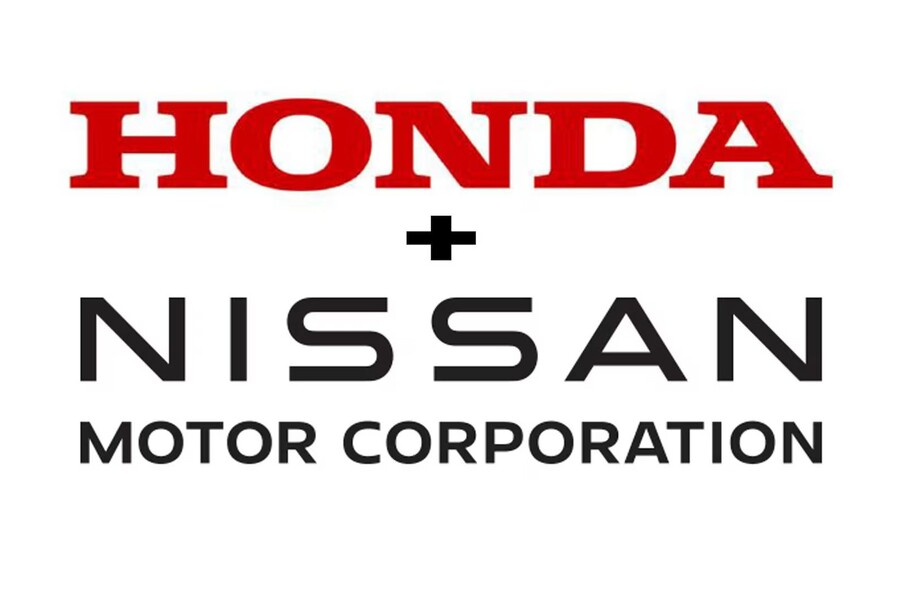Honda and Nissan, two of Japan’s largest automakers, are reportedly in talks to merge, a move that could reshape the global automotive landscape. The potential merger comes amid a transformative era for the industry, driven by electrification and increased competition from electric vehicle manufacturers, particularly those based in China. The discussions signify a bold step toward consolidation in an industry where partnerships and alliances are increasingly necessary to remain competitive.
The reported merger, first disclosed by The Nikkei, would bring together Japan’s second and third-largest automakers, creating a formidable global player capable of rivaling industry giants like Toyota, Stellantis, and Hyundai-Kia. Honda and Nissan have previously explored collaboration through a Memorandum of Understanding (MoU) signed earlier in 2024, which focused on joint efforts in electric vehicle (EV) development. While neither company has confirmed the merger talks, their public statements reaffirm their commitment to collaboration in navigating the challenges of the EV transition.
Honda has lagged behind its competitors in the electric vehicle market, relying on partnerships with General Motors to introduce its first wave of EVs in North America, including the Honda Prologue and Acura ZDX. Meanwhile, Nissan, an early leader in the EV space with its Leaf, has struggled to keep pace with evolving technology and market demands. Its newer models, such as the Ariya electric SUV, aim to reclaim its position in the EV market, but the competition is fierce.
A merger would provide both companies with the resources and expertise to address these challenges. Honda could benefit from Nissan’s advancements in vehicle architecture, while Nissan could leverage Honda’s recent efforts to expand its electrification lineup. The partnership could also create opportunities for Mitsubishi, a brand in which Nissan holds a controlling interest, to contribute its expertise in truck development and further diversify the new entity’s offerings.
However, the merger is not without challenges. Nissan’s long-standing alliance with French automaker Renault adds complexity to the discussions, as Renault holds a significant stake in Nissan. Negotiating the terms of a merger while balancing these existing relationships will require careful planning and diplomacy. Honda, on the other hand, has recently taken steps to bolster its financial position, including a significant share buyback, to prepare for the potential integration.
In a surprise joint announcement just before Christmas, Honda, Nissan, and Mitsubishi revealed progress toward forming a new parent company by mid-2025. This development effectively confirms their intent to merge, with Mitsubishi given until January 2025 to decide whether to fully participate. The plan includes delisting Honda, Nissan, and Mitsubishi from the Tokyo Stock Exchange and listing the new parent company by August 2026. The CEOs of all three companies emphasized the importance of this move in addressing the challenges posed by electrification and increasing global competition.
The merger could lead to significant changes in vehicle lineups and market strategies. While some overlap between Honda and Nissan models may occur, executives believe this could enhance collaboration rather than create internal competition. The combined entity is expected to continue its existing partnerships, such as Nissan’s alliance with Renault and Honda’s collaboration with General Motors, to strengthen its global reach and technological capabilities.
Renault, which remains a key stakeholder in Nissan, has expressed its willingness to consider options that align with the best interests of its group and stakeholders. This adds a layer of negotiation to the merger, as Renault’s decisions will influence the final structure of the new entity.
The potential Honda-Nissan merger underscores the pressures and opportunities shaping the modern automotive industry. Electrification, increased competition, and the need for innovation have made partnerships and consolidation increasingly attractive. By combining their strengths, Honda and Nissan aim to establish a powerful global presence capable of addressing these challenges head-on.
If successful, the merger would create a new automotive giant capable of redefining the market and setting a precedent for other manufacturers. The move represents not just a survival strategy but a bold vision for the future of mobility, leveraging the expertise and resources of both automakers to lead in an era of unprecedented change.

